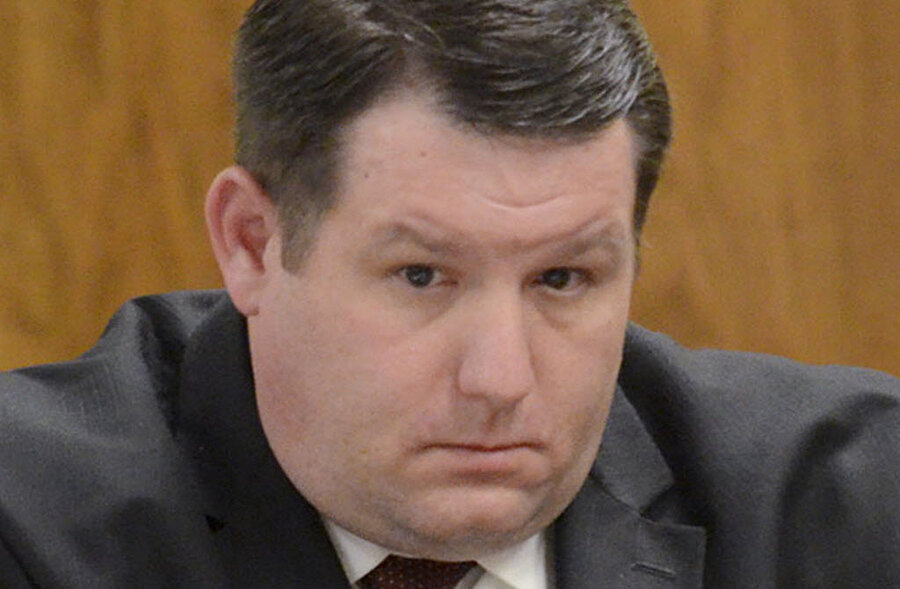South Carolina judge declares mistrial for former police chief
A South Carolina judge declared a mistrial on Tuesday in the case of a white former police chief charged with the murder of an unarmed black man in 2011.
Nine jurors voted to convict Richard Combs of Eutawville, S.C., while three remained unconvinced. The jury’s deadlock forced Circuit Judge Edgar Dickson to declare a mistrial.
In May 2011, Mr. Combs was charged after he shot and killed Bernard Bailey, a former state employee who worked for Wal-Mart.
Combs was the only police officer in the town, which has a population of just 300 people.
The prosecutors, led by David Pascoe, charged that Combs overstepped his authority and acted unlawfully. As the trial began last week, Mr. Pascoe urged jurors to convict Combs and send a message that the law applies to everyone equally, whether they hold a badge or not. He argued that Combs had been confident that he would not be held accountable for his actions because of his status as a law enforcement official.
The defense, however, argued that Combs acted in self-defense and that if Mr. Bailey had complied with the arrest, the tragedy could have been avoided. Defense attorney Wally Fayssoux also stated that Combs had no pepper spray or taser available, and thus had no choice but to use his gun.
During the trial, Combs testified that he shot the victim because he believed Bailey planned to use his Chevrolet Silverado pickup truck as a weapon against him.
Combs was indicted in December 2014. The trial is taking place against a backdrop of national protests that erupted after two grand juries failed to indict white police officers for the death of unarmed black men, one in New York and one in Missouri.
The South Carolina trial focused on the methods of policing in small, rural communities, and when it is appropriate for law enforcement officials to use lethal force.
Combs had only been in his position as Eutawville’s police chief for a few weeks before he stopped Bailey’s daughter for a broken taillight. Bailey’s daughter immediately called her father to the scene, and his subsequent involvement set off a series of events that eventually led to his death.
After Bailey visited the town hall in early May to discuss his daughter’s traffic ticket, Combs took steps to enforce an arrest warrant against Bailey for obstruction of justice. Bailey then refused to submit to the arrest and vacated the building.
The details of what took place after Bailey left the town hall remain unclear. However, it has been verified that Combs followed Bailey out of the building and the ensuing altercation resulted in Bailey being shot three times by Combs.
Both sides expressed disappointment in the lack of a verdict.
"We're disappointed we didn't get a result, but I think both sides feel that way," Mr. Fayssoux told the Associated Press.
The prosecutor said that he plans to retry Combs. “I’m going to take a little time, but we’re going forward,” Mr. Pascoe told the AP.
While defendants are typically protected from being prosecuted more than once for the same crime, in cases of a hung jury, the prosecution can request a retrial.
This report includes material from the Associated Press.








